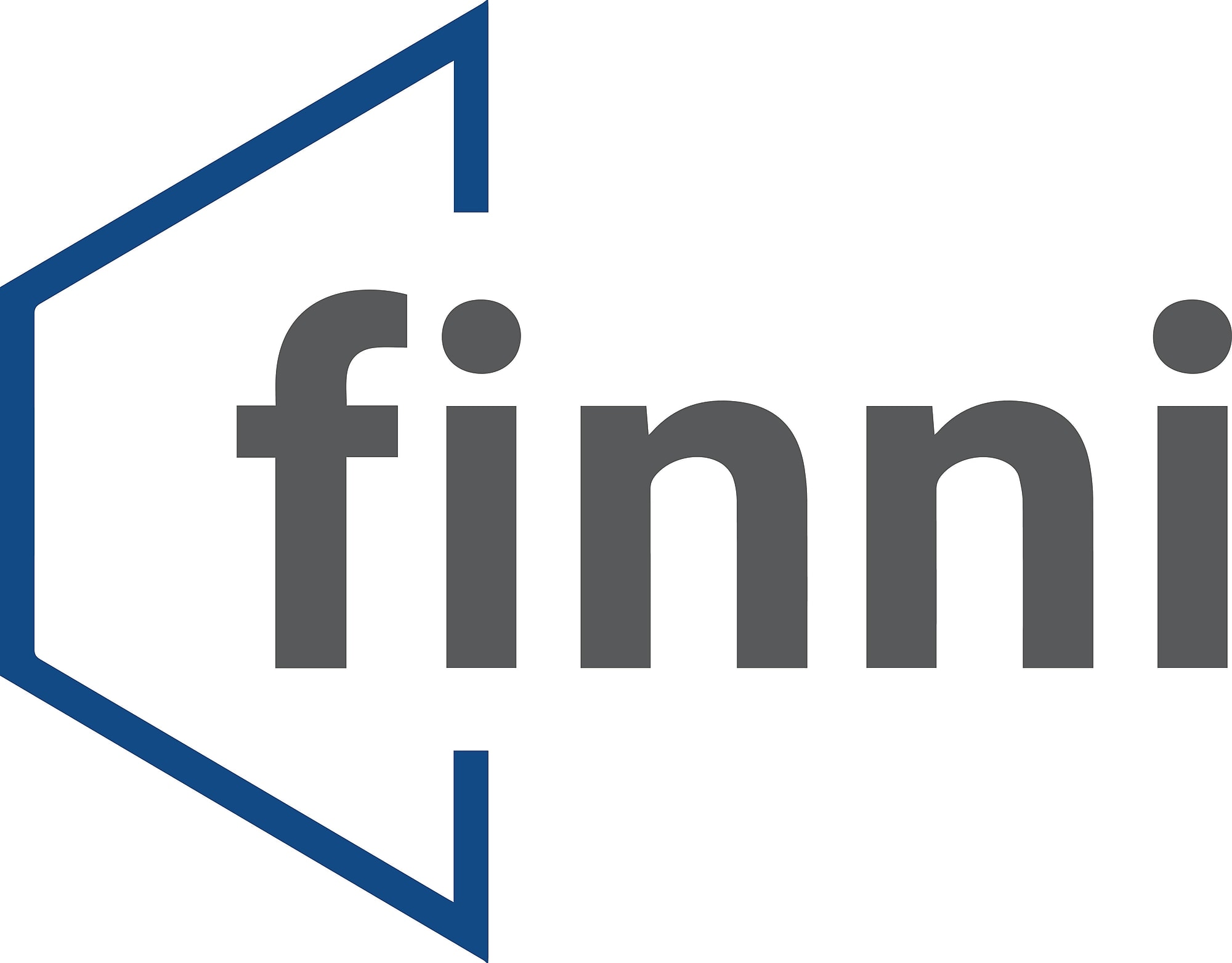Construction costs rise puts 1.2m housing target at risk
Residential construction costs ticked up over the September quarter, which could place more pressure on the government’s target of 1.2 million new homes, according to CoreLogic.

The latest Cordell Construction Cost Index (CCCI) released by CoreLogic revealed that residential construction costs grew by 1 per cent over the September quarter, in line with the pre-COVID-19 decade average.
The Q3 2024 national CCCI – which tracks the cost to build a typical new dwelling – marks the strongest quarterly growth seen from the three months to December 2022 (1.9 per cent). It has risen from a 0.5 per cent increase over the June quarter.
CoreLogic economist Kaytlin Ezzy said the acceleration in construction could jeopardise the federal government’s target of 1.2 million new homes.
“With the official start date for the Government's target for 1.2 million new well-located homes over five years kicking off in July, the recent re-acceleration of the CCCI could put additional pressure on an already difficult-to-achieve goal,” Ezzy said.
“Over the year to June, approximately 176,000 dwellings were completed, 26.6% below the 240,000 annually needed to fulfil the target. While 250,000 homes remain within the construction pipeline nationally, the sluggish flow of new dwelling approvals suggests a shortfall of projects once the backlog is worked through.”
In the 12 months ending September, construction costs surged by 3.2 per cent, up from 2.6 per cent over the 12 months to June, although down from this time last year (4.0 per cent), according to the CCCI.
Building approvals data released by the Australian Bureau of Statistics (ABS) showed that total dwellings approved fell by 6.1 per cent in August 2024 to 13,991.
National monthly dwelling approvals were almost 18.0 per cent below the decade average and 30.0 per cent under the 20,000-a-month target required to achieve the government’s goal.
Across the states, Queensland saw the largest increase in construction costs of 1.1 per cent, up from a 0.3 per cent lift seen over the June quarter. Costs rose by 1.0 per cent in NSW and Western Australia, in line with the national growth rate.
Victoria and South Australia had the smallest quarterly increase, both tied at a 0.8 per cent increase over the quarter.
CoreLogic construction cost estimation manager John Bennett said building material costs had stabilised, with minimum movement recorded during the September quarter.
There was little change in categories such as timber products, building permit and application costs, plant hire and rainwater products during this period, he observed, while a slight increase was recorded in masonry, cement sheet products, joinery, plumbing material (mainly copper) and general waste disposal.
“This quarter has shown no standout specific trends in the market for construction cost materials. We fully expect this to continue for the coming months,” Bennett said.
Construction costs a leading indicator for CPI growth
The latest Consumer Price Index (CPI) data from the ABS showed that the CPI rose a further 1.0 per cent over the June quarter, following a 1.0 per cent rise over the March quarter.
New dwelling purchases by owner-occupiers rose by 1.1 per cent as builders continued to pass on higher labour and building material costs to buyers, the ABS said.
Furthermore, there were stronger rises in new dwelling prices in Perth and Adelaide over the June quarter as a result of higher demand for new homes in these cities as well as high labour and material costs, the ABS pointed out.
Commenting on these trends, Ezzy said: "Residential building costs make up the largest share of the housing component of the consumer price index.
“As a forward indicator, the recent re-acceleration in the CCCI is concerning for the new homes component of the CPI, as the two series are highly correlated. This may partially offset the impact of slowing rent growth on housing inflation.”
“Additionally, the increase will be unwelcome news for builders, who are still working to repair profit margins. Although the latest quarterly rise aligns with the pre-COVID decade average (1.0 per cent), overall construction costs have surged 29.5 per cent, putting significant pressure on the feasibility of many projects.”
If you’re looking to refinance for a better rate or the right rate for your clients at zero cost, contact Finni Mortgages’ experts and let us do the hard work for you.
Visit our website here or call 1300 002 023 to learn how we can help you!
Latest articles









